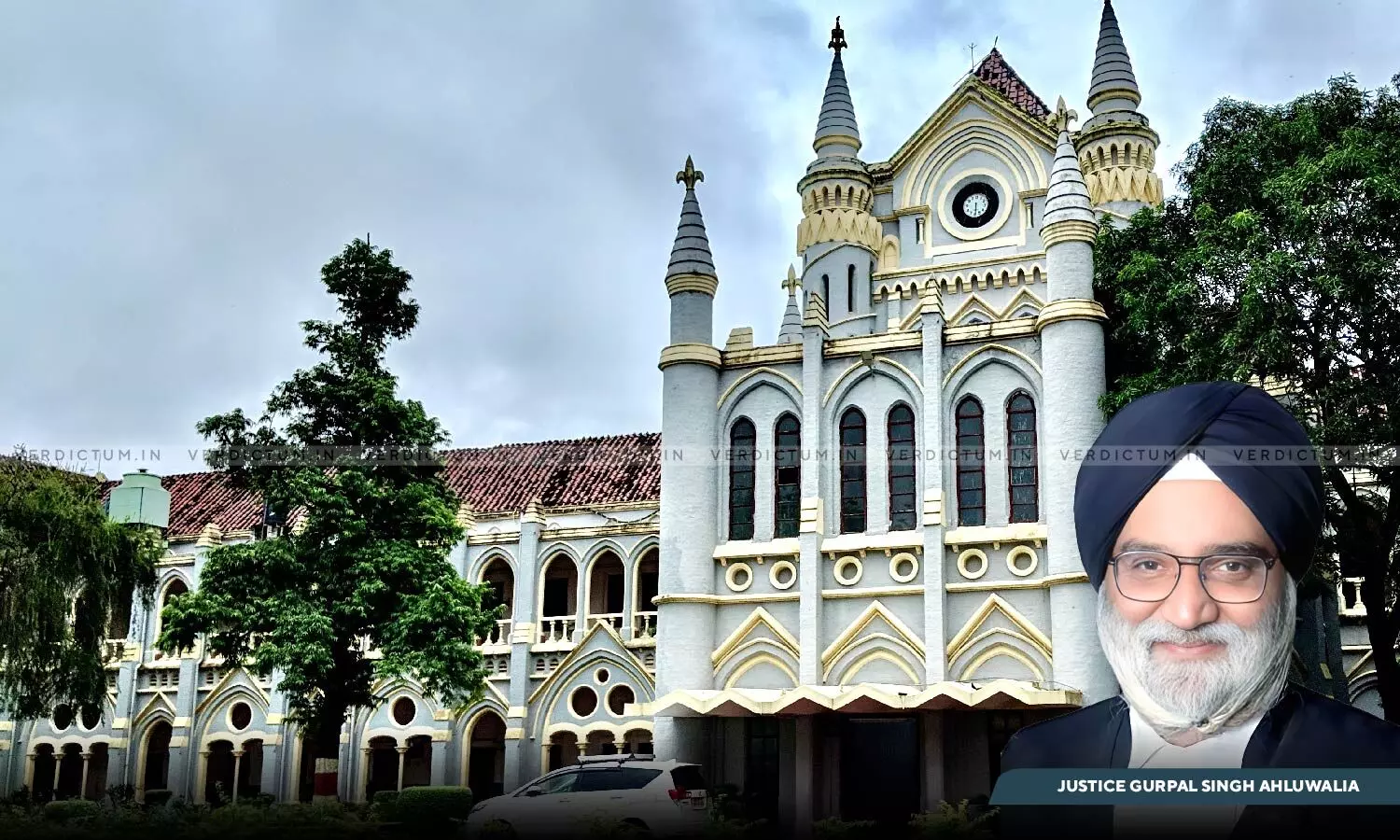
Accused Cannot Seek Investigation In A Particular Manner & Courts Cannot Supervise Investigation: Madhya Pradesh HC
 |
|The Madhya Pradesh High Court held that an accused has no right to seek investigation in a particular manner and the Courts cannot supervise the investigation.
The Court said that no direction can be given to the police to investigate the matter from any particular angle because the investigation is within the exclusive domain of the police.
The Court was hearing a Writ Petition under Article 226 of the Constitution seeking a direction to police to conduct a free and fair investigation.
The bench of Justice G.S. Ahluwalia observed, “not only the accused has no right to seek investigation in a particular manner but even the Court does not have any jurisdiction to supervise the investigation…this Court is of considered opinion that no direction can be given to the police to investigate the matter from any particular angle because the investigation is within the exclusive domain of the police.”
Advocate Shyam Sunder Patel appeared for the Appellant and Deputy Advocate General Swapnil Ganguly appeared for the Respondent.
While noting that the question whether the suspect/accused has any right of pre-audience or has a right to seek an investigation in a particular manner or by a particular agency or not is no more res integra, the Court mentioned the decision of the Supreme Court in Romila Thapar and others vs. Union of India and others reported in (2018) 10 SCC 753 and quoted, “In Narmada Bai v. State of Gujarat, in para 64, this Court restated that it is trite law that the accused persons do not have a say in the matter of appointment of investigating agency. Further, the accused persons cannot choose as to which investigating agency must investigate the offence committed by them.”
The Court further mentioned the decision of the Apex Court in Dinubhai Boghabhai Solanki v. State of Gujarat, reported in (2014) 4 SCC 626 and quoted, “the accused has no right to have any say as regards the manner and method of investigation. Save under certain exceptions under the entire scheme of the Code, the accused has no participation as a matter of right during the course of the investigation of a case instituted on a police report till the investigation culminates in filing of a final report under Section 173(2) of the Code or in a proceeding instituted otherwise than on a police report till the process is issued under Section 204 of the Code, as the case may be. Even in cases where cognizance of an offence is taken on a complaint notwithstanding that the said offence is triable by a Magistrate or triable exclusively by the Court of Sessions, the accused has no right to have participation till the process is issued. In case the issue of process is postponed as contemplated under Section 202 of the Code, the accused may attend the subsequent inquiry but cannot participate.”
Accordingly, the Court dismissed the Petition.
Cause Title: Ajeet Patel v. State of Madhya Pradesh